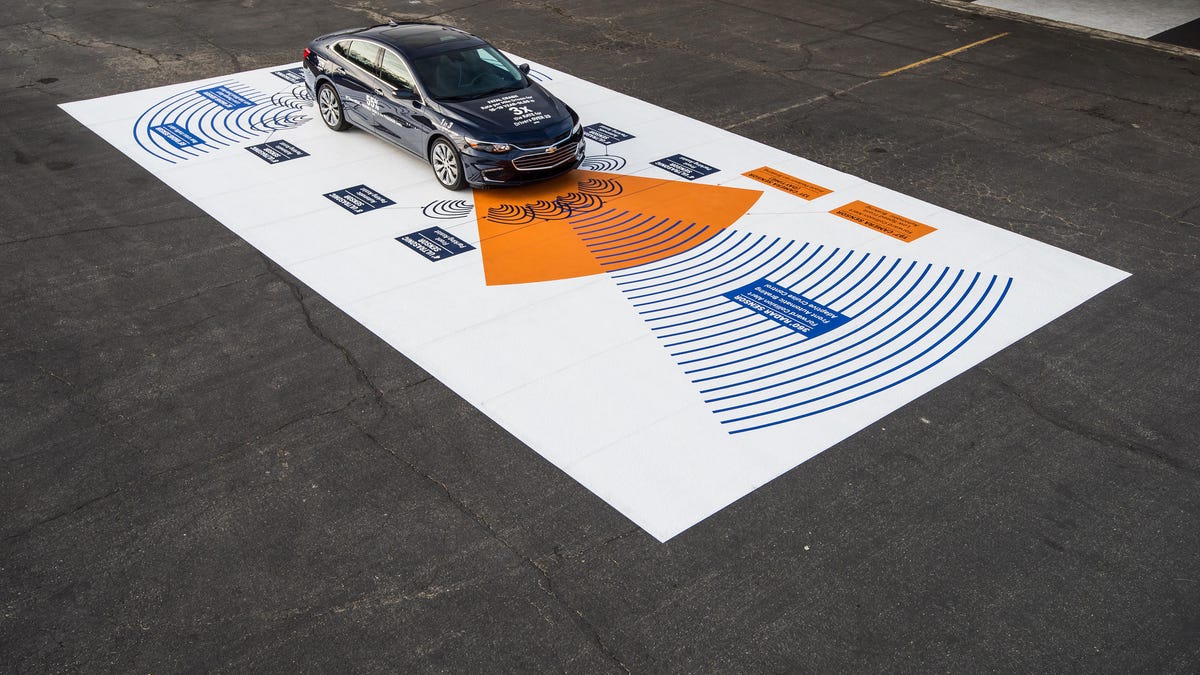GM's autobrake proves effective in reducing crashes, IIHS study finds
Forward collision warning helps, too, but not as much as a system that actually applies the brakes.

While I can't imagine there's a group of people who believe that automatic emergency braking systems doesn't reduce the likelihood of a crash, it's good to see some more information backing up autobrake's capabilities.
The Insurance Institute for Highway Safety found that General Motors vehicles equipped with automatic emergency braking reduced police-reported crashes with injuries by 64 percent, and it reduced crashes of all severities by 43 percent.
The study also looked at vehicles equipped with forward collision warning, which only warns the driver about an impending crash but does not actually apply the brakes. Vehicles equipped with this system experienced 17 percent fewer crashes of all severities, and 30 percent fewer crashes with injuries. So it, too, is effective, albeit slightly less so than autobrake systems.
Autobrake is important to have, but don't let it make you too comfortable. A little vigilance goes a long way.
The IIHS pulled police-reported crash information from 23 different states. General Motors provided the IIHS with vehicle identification numbers for a number of 2013-2015 Buick , Cadillac , Chevrolet and GMC vehicles. Some of the vehicles were equipped with front crash prevention systems, while others were not. Detailed police reports allowed the IIHS to focus specifically on front-to-rear crashes, which these systems are designed to prevent. The study controlled for factors like driver characteristics and storage locations.
Based on prior studies, this isn't some kind of aberration, either. Previously, the IIHS dug into autobrake and forward collision warning systems on Acura , Fiat Chrysler , Honda , Mercedes-Benz , Subaru and Volvo vehicles, and the results were pretty similar. When all the aforementioned OEMs were taken into account, autobrake reduced crash rates by 50 percent for all severities and 56 percent for crashes with injuries.
It's important to note that these numbers will likely improve further in the future. GM has added autobrake to a number of vehicles beyond the 2015 model year, and 20 different automakers have pledged to make autobrake standard by late 2022. Once the system reaches near ubiquity on new cars, the benefits of these systems will be more readily recognized.
Auto Tech: Stay up to date on all things technological in the automotive industry.
Super Cruise: See what Cadillac has planned for its entire lineup in 2020.

